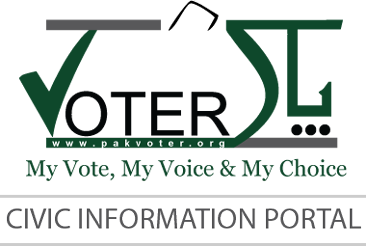The presidential elections are taking place in Pakistan today, another major landmark for democracy after the successful general elections held in may and the peaceful transition of power to the new government.
There has been very hectic lobbying ahead of the presidential elections with Pakistan Muslim league nawaz putting forth the name of Mamnoon hussain and getting backing from around eight smaller political groups, including Muttahida Qaumi Movement (MQM), Pakistan Muslim League-Functional (PML-F), Pakhtunkhwa Milli Awami Party (PkMAP), National Party (NP), Qaumi Wattan Party (QWP), Pakistan Muslim League-Zia (PML-Z) and Balochistan chapter of Pakistan Muslim League-Quaid.
The second candidate Justice (red) Wajihuddin ahmed was put forth by Pakistan Tehreek I Insaf and supported by its ally Jamaat E Islami. While it seems that as per current situation it is Mamnoon hussain that will win, we must realise that for the second time in recent history we are going to have a properly democratically elected president.
While many scoff at the process and call it a sham and make claims of irregularities during elections. We must understand that even despite irregularities and miscounts and re voting in some areas of Pakistan we have to move forward whilst putting the questions being asked to courts of law to decide upon them, as the system instructs us to do.
There are a multitude of issues facing us as a country, from power woes to an economic crunch to an ever increasing burden of the war we are fighting with the taliban. However the only way out of these issues if there is even a way out in the time period given to one government is the nexus of civilian and military leadership of which the president is the figurehead.
As always social media is going to be watching and making sure any of the cracks seamed over by the mainstream are explored to the fullest as they were during the general elections. We now have digitally enabled members of the national assembly from various parties feeding directly into the network as well. In short we are watching the watchers here.
So here is hoping then new president of Pakistan can provide us able leadership and take us forward with positive notes.
The views expressed by this guest blogger and the comments given by any visitor do not necessarily reflect the views and policies of the pakvoter.


